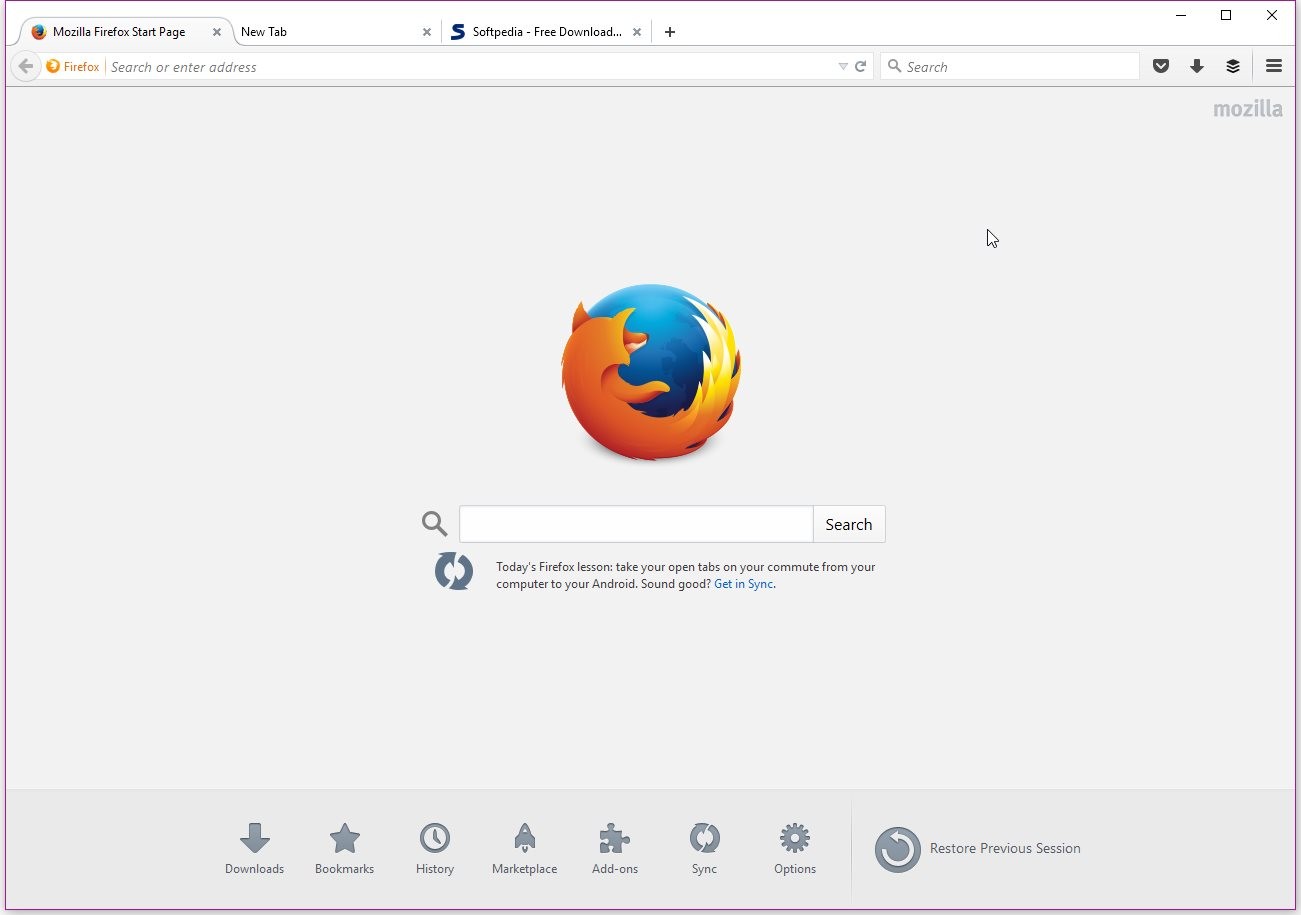
“The design appears familiar because its goal is to provide a smooth transition for Firefox Windows users,” Chad Weiner, director of product management, told VentureBeat last month. Mozilla says it has made “thoughtful tweaks to the interface to give Firefox a streamlined feel” and that users should notice “bigger, bolder design elements as well as more space for viewing the Web.”įor reference, here is Firefox 39 on Windows 10: Other changes, like tweaks to the refresh and search icons, have not shown up in Firefox 40. The new tab and tab close buttons are slightly larger, and some icons are a little darker. The most important addition to Firefox 40, from Mozilla’s point of view anyway, is “Windows 10 support.” To be clear, earlier versions of the company’s browser worked on Windows 10, but Mozilla is now making it official: Firefox is expected to work on Microsoft’s latest and greatest OS just as well as any of its predecessors.Īs seen in the Windows 10 design specs, the differences to Firefox are subtle. Users who prefer not to send any data about downloaded files to Google can turn off this feature. This new security layer is on by default. Firefox 39 already extended the monitoring of malicious file downloads to the Mac and Linux versions of Mozilla’s browser (file types that usually contain executable code might be flagged as harmful, at which point the download manager blocks access to the file until the user unblocks it manually).įirefox 40 goes further by issuing a warning if you visit a page known to contain deceptive software that can make undesirable changes to your computer: Mozilla credits new developments in Google’s Safe Browsing service, which let the company identify malware downloads as well as warn users about potentially unwanted software.

In other words, it’s a major platform that Web developers target - even in a world increasingly dominated by mobile apps.īefore we dive into the desktop and mobile breakdown, we should note that Mozilla said its expanded malware protection applies to all four platforms.


Mozilla doesn’t break out the exact numbers for Firefox, though the company did say “half a billion people around the world” use the browser.


 0 kommentar(er)
0 kommentar(er)
